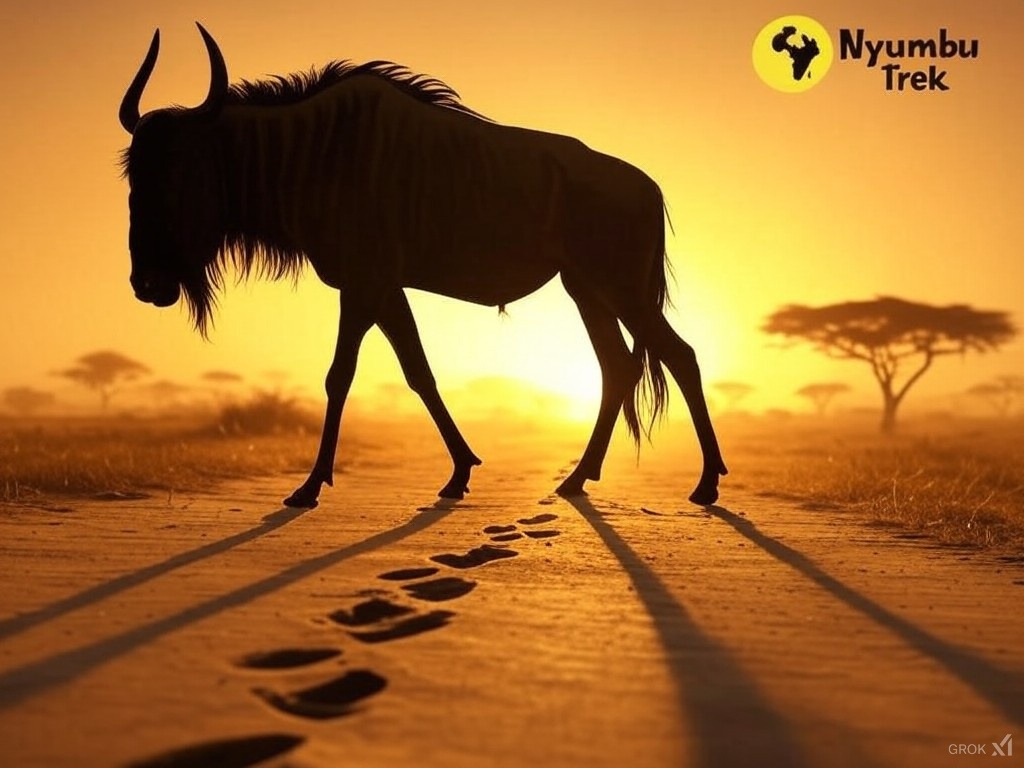Explore Tanzania’s wild chaos and refined order with Nyumbu Trek. Here’s everything you need for a seamless adventure.
1. Visa and Entry Requirements
Visa Information: Most travelers (U.S., Europe, China, Middle East) need a tourist visa for Tanzania. Apply online via the Tanzania Immigration Services eVisa system, costing 69 $s USD, processed in 7-10 days. Check exemptions for East African Community nationals. Passport Requirements: Passport must be valid for 6+ months beyond your stay and have 2 blank pages for stamps. Customs Regulations: Declare currency over $10,000 USD; restricted items include drugs, weapons, and certain wildlife products.
2. Vaccinations and Health
Required Vaccinations: Yellow Fever certificate required if arriving from or transiting through endemic areas; proof may be checked at entry. Recommended Vaccinations: Hepatitis A, Typhoid, Tetanus; malaria prophylaxis essential due to prevalence in some regions. Health Precautions: Drink bottled/purified water, use insect repellent, consult a doctor 4-6 weeks before travel for personalized advice.
3. Climate and Best Times to Visit
Tanzania offers year-round adventures with diverse attractions: January-March (Wet Season): Lush Serengeti for calving season, Ngorongoro Crater wildlife, Zanzibar beaches. April-May (Long Rains): Fewer crowds, ideal for Kilimanjaro treks, Tarangire National Park for elephants. June-October (Dry Season): Prime for wildebeest migration in Serengeti, safari in Ruaha National Park, Lake Manyara birdwatching. November-December (Short Rains): Scenic Selous Game Reserve, Mafia Island diving, Arusha cultural tours.
4. Currency and Payments
Tanzanian Shilling (TZS); USD and credit cards accepted in tourist areas. ATMs/banks in cities; carry small denominations. Tip guides/drivers $5-10/day.
5. Transportation
Fly into Julius Nyerere (Dar es Salaam) or Kilimanjaro (Arusha) airports. Use taxis, daladalas, or Nyumbu Trek tours; flights for long distances. Roads vary; guided tours recommended for safety.
6. Safety and Security
Generally safe for tourists; caution in crowds, secure valuables. Follow guide instructions for wildlife, use proper gear for treks. Emergency: Police 112, Ambulance 112, Nyumbu Trek support line.
7. What to Pack
Lightweight clothing, layers for highlands, modest attire for culture. Binoculars, camera, sunblock, repellent, water bottle. Adapters for 230V, Type D/G outlets.
8. Cultural Etiquette and Customs
Greet with “Jambo” or “Habari,” respect elders, dress modestly. Ask permission for photos of people; remove shoes in homes/mosques. Tip as appreciation.
9. Language
Swahili and English official; Swahili common, English in tourist areas. Use translation apps for Swahili basics.
10. Food and Dining
Try ugali, nyama choma, seafood; international options available. Vegetarian, vegan, halal options; drink bottled water, eat at reputable places.
11. Connectivity and Internet
Wi-Fi in hotels/cities; limited in parks. Buy Vodacom/Airtel SIM for data; use apps or satellite phones in remote areas.
